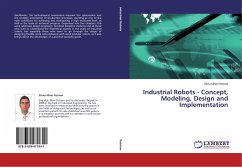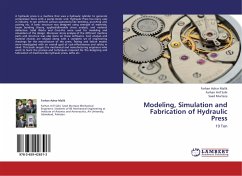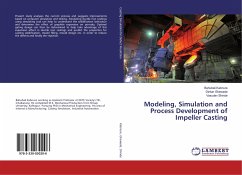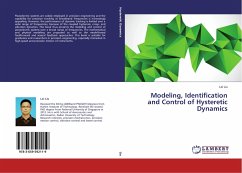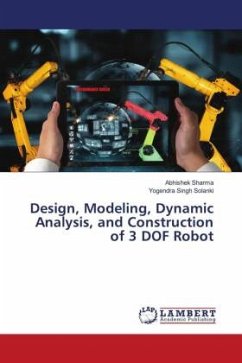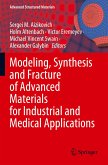Worldwide, the technological momentum imposed the cybernation and the complex automation of production processes, standing as one of the main conditions for achieving and maintaining a high economic level, as well as the basis of technical progress. Organized into five chapters, this work addresses design engineers, technical discipline students and all those who wish to understand the theoretical aspects in the study of industrial robots, but especially those who want to go through the stages of designing flexible work cells endowed with serial modular robots, as it also brings about the advantages of a practical specialty guide.
Bitte wählen Sie Ihr Anliegen aus.
Rechnungen
Retourenschein anfordern
Bestellstatus
Storno

